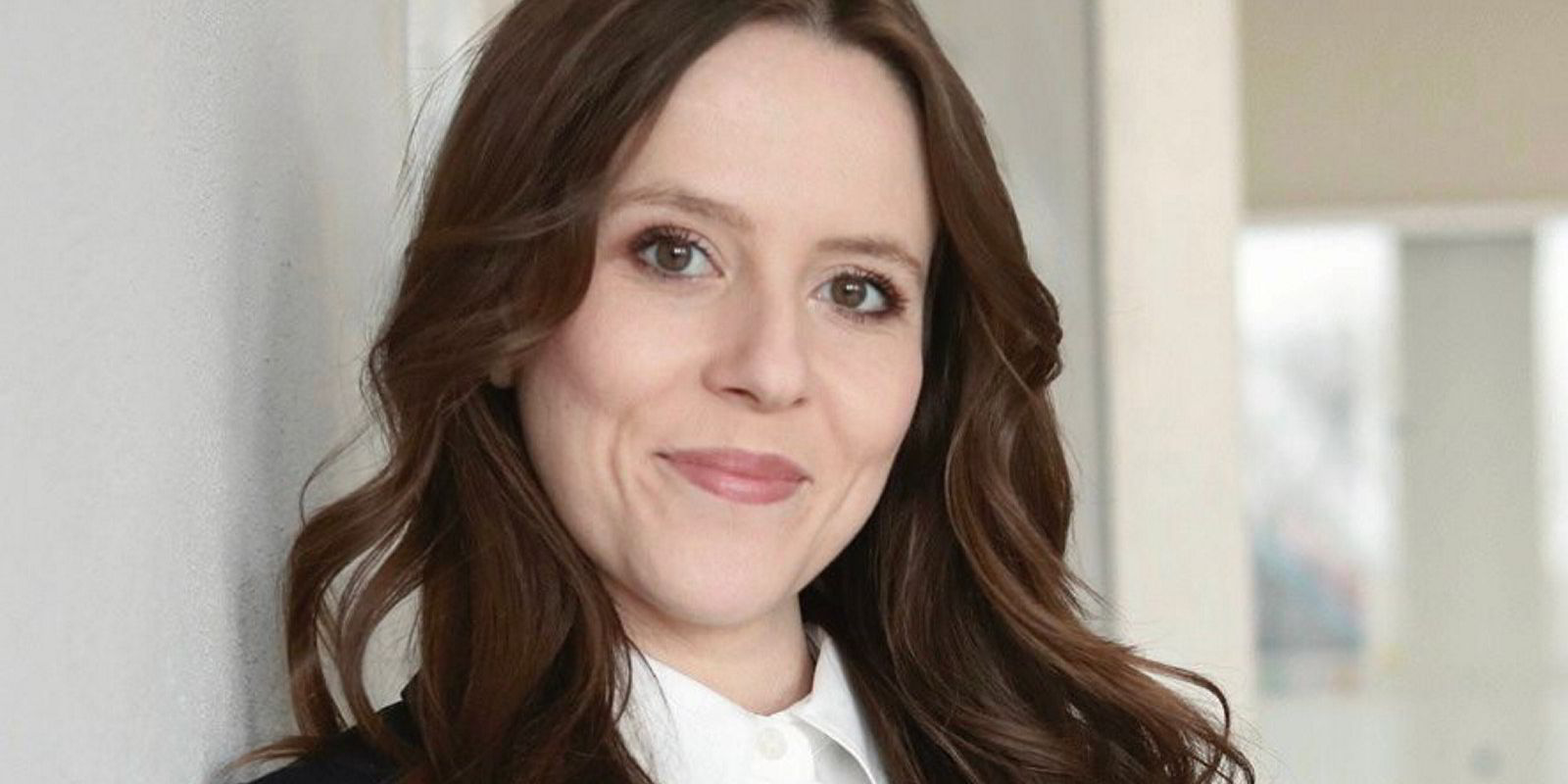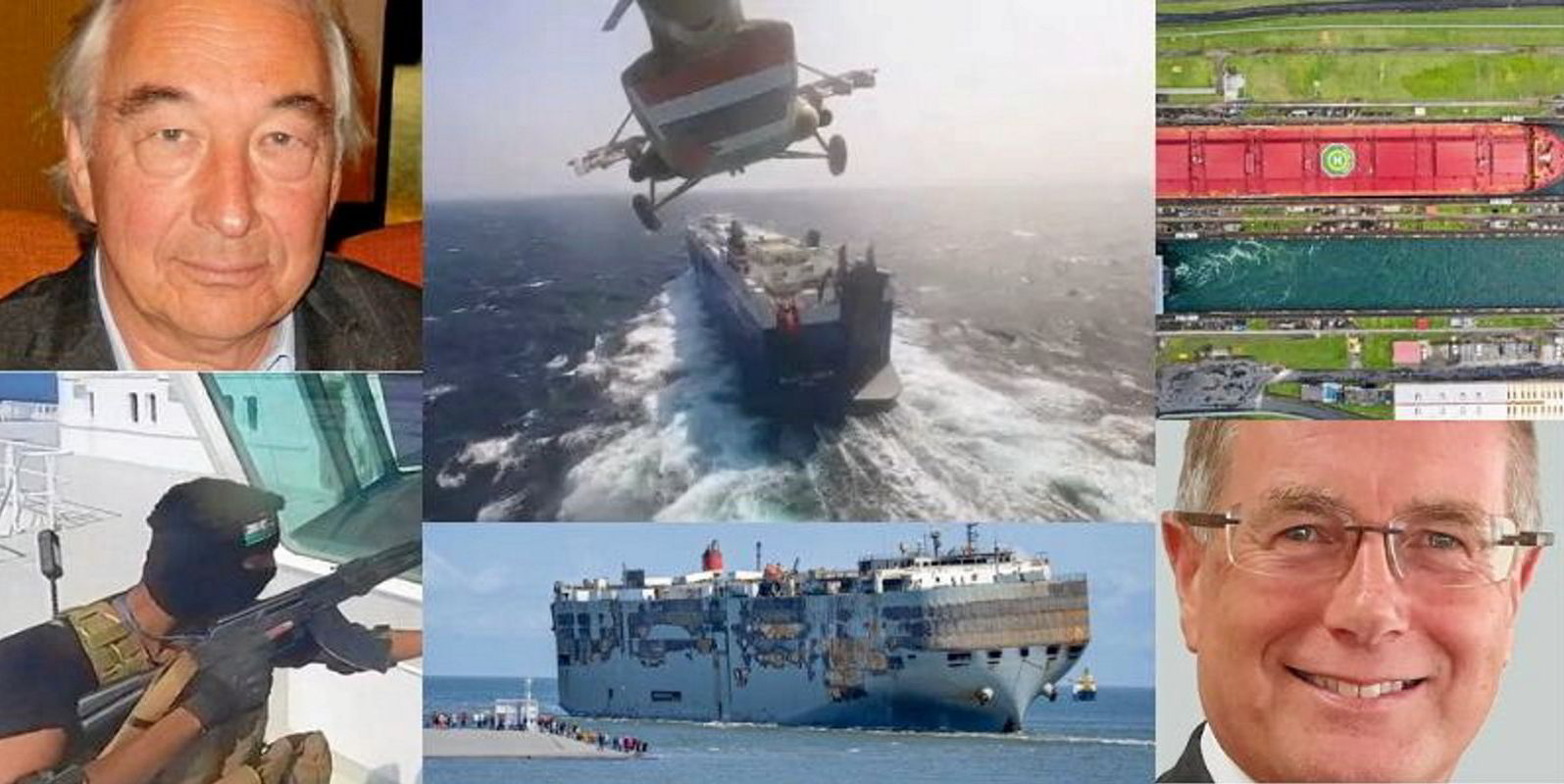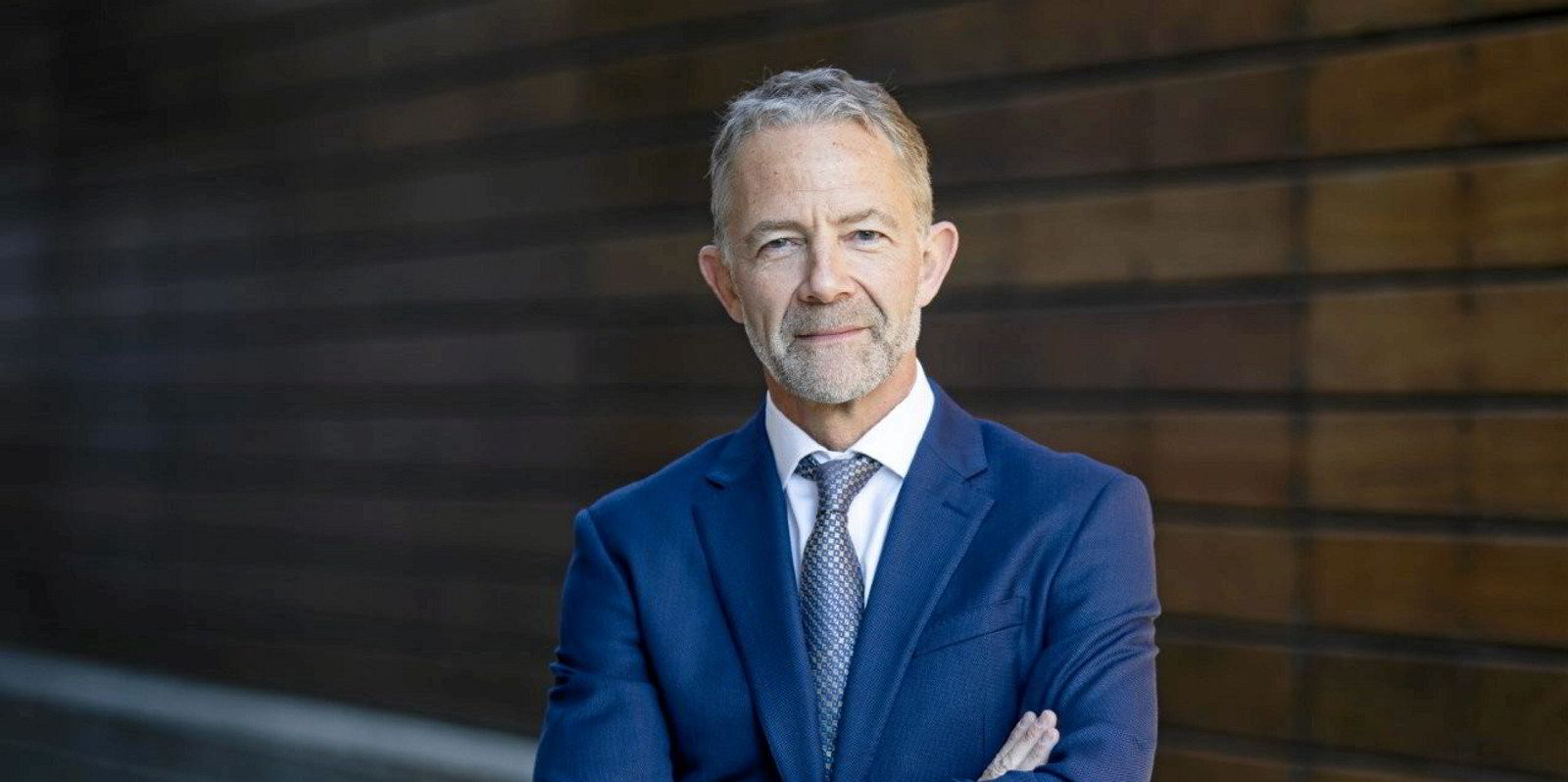Clinical psychologist Julia Oppermann is out to address what she sees as an imbalance in terms of how suspicious or traumatic events are investigated on ships.
The forensic specialist for Mental Health Support Solutions told TradeWinds: “Unfortunately, we have noticed when something’s happening at sea when someone gets injured, somebody died, we felt like it’s not investigated and prosecuted to the same extent as when this is happening on land.”
The Cologne-based expert is working with protection and indemnity clubs and shipowners to try to uncover what happened on board when murders, suicides or accidental deaths are reported.
She has designed and created an investigative process and uses scientific methods to assist probes and to help ensure it is possible to prevent such situations in the future.
“There’s this huge pressure from P&I clubs to find out and understand better what happened after a deadly incident. And of course, investigations are different here because you just don’t have the same resources to work with,” Oppermann explained.
“There are so many different parties involved — the shipping company, management, P&I clubs, authorities sometimes from several countries. And then it, of course, becomes difficult,” she said.
“And we simply want to introduce some structure, some regulated procedures, to ensure that certain processes are maintained. And we don’t want anything to be overlooked.”
MHSS founder and psychologist Charles Watkins said: “Authorities work as single units instead of working together with the greater whole. We get the crime scene pictures and then also the notes. But everything is separated.
“So when we work on a case, we don’t talk to authorities,” he added.
Watkins believes local authorities could do an even better job in looking specifically at things that just don’t quite fit the picture being presented.
Cold-case expertise
Using MHSS expertise would streamline the process, Watkins said.
“But it would also give them the luxury of having a lot more information,” he said.
Oppermann comes from a criminal psychologist background, having worked with German police on cold cases.
She joined MHSS in 2022. The company is known for offering mental health support to seafarers and works closely with Columbia Group.
Oppermann told TradeWinds: “We don’t want to stand in anyone’s way or take away tasks.
“We just want to help [in] the same way that forensic psychologists do on land. They also collaborate with everybody and work together. We want to implement that in the maritime industry.”
One aspect of the work is credibility interviews, where an event or series of events is reconstructed.
“The situation usually is that a forensic psychologist talks to a witness if their testimony or their statement is questioned,” she explained.
“There are certain interview strategies and also characteristics in the statements of the witness that can help to determine whether someone’s telling the truth or is telling a made-up story.
“Distinguishing lies from the truth. This is one thing that we can do,” the psychologist said.
Another element of the job is crime scene analysis, which can be done remotely or on board.
“You analyse the material that you get. I worked in so-called cold case projects in the past. And there they analyse cases that have never been solved, for example, murder or missing people cases,” Opperman told TradeWinds.
She uses files, interview recordings and photos to build up a picture of what happened.
Watkins said: “Usually we go on board after severe traumatising events, where people are understandably shaken up.
“They need some support. They might need some guidance. They might need some interventions. They might need to leave the ship,” he added.
Suicide or foul play?
So the MHSS team carries out a clinical evaluation of their condition.
Some cases have involved trying to establish whether a death was self-inflicted or foul play.
The founder said in some instances, MHSS has discovered significant amounts of cash in a cabin had gone missing.
“After we looked at all the evidence, there were ships that were involved in smuggling operations where people had died.
“And we’ve uncovered enough evidence to indicate that something is going on that people don’t want to talk about,” he explained.
For suicides, the experts examine the position of the body, the clothing, and the environment — and look for missing elements or things that should be present: was the door locked and could it only be locked from the outside, for example.
Watkins said: “Without being too specific, we have been able to raise some question marks enough [that] the shipping company could take over and say, okay, thank you … this is worth investigating further.”





